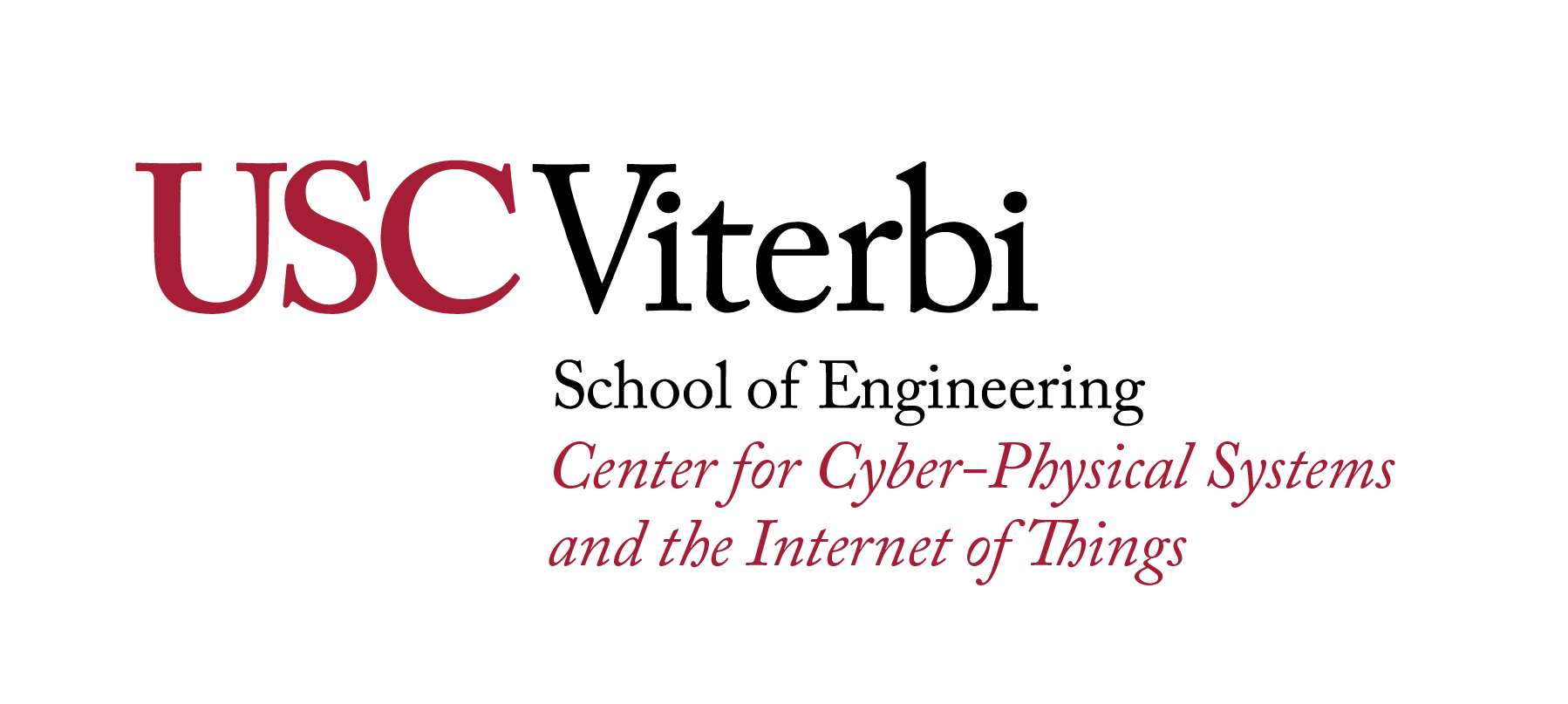Data-Driven Control

Guest Speaker:
Paulo Tabuada — University of California, Los Angeles
Wednesday, December 5, 2018
EEB 132
12:00PM
ABSTRACT: More than a decade ago Fliess and co-workers proposed model-free control as a possible answer to the inherent difficulties in controlling non-linear systems. Their key insight was that by using a sufficiently high sampling rate we can use a simple linear model for control purposes thereby trivializing nonlinear controller design. Although controllers based on linear approximations of nonlinear systems are ubiquitous in industry, providing formal guarantees for such designs has remained a challenge. In this talk we re-interpret Fliess work as data-driven control and identify a set of assumptions enabling us to mathematically prove that a model is not necessary to control non-linear systems. We illustrate the usefulness and applicability of the results via experimental results and conclude by speculating about the right mix of model-based and data-driven design in the context of Cyber-Physical Systems.
BIO: Paulo Tabuada was born in Lisbon, Portugal, one year after the Carnation Revolution. He received his “Licenciatura” degree in Aerospace Engineering from Instituto Superior Tecnico, Lisbon, Portugal in 1998 and his Ph.D. degree in Electrical and Computer Engineering in 2002 from the Institute for Systems and Robotics, a private research institute associated with Instituto Superior Tecnico. Between January 2002 and July 2003 he was a postdoctoral researcher at the University of Pennsylvania. After spending three years at the University of Notre Dame, as an Assistant Professor, he joined the Electrical Engineering Department at the University of California, Los Angeles, where he established and directs the Cyber-Physical Systems Laboratory. Paulo Tabuada’s contributions to cyber-physical systems have been recognized by multiple awards including the NSF CAREER award in 2005, the Donald P. Eckman award in 2009 and the George S. Axelby award in 2011. In 2009 he co-chaired the International Conference Hybrid Systems: Computation and Control (HSCC’09) and in he was program co-chair for the 3rd IFAC Workshop on Distributed Estimation and Control in Networked Systems (NecSys’12). He currently serves as associate editor for the IEEE Transactions on Automatic Control and his latest book, on verification and control of hybrid systems, was published by Springer in 2009.
Hosted by: Paul Bogdan
